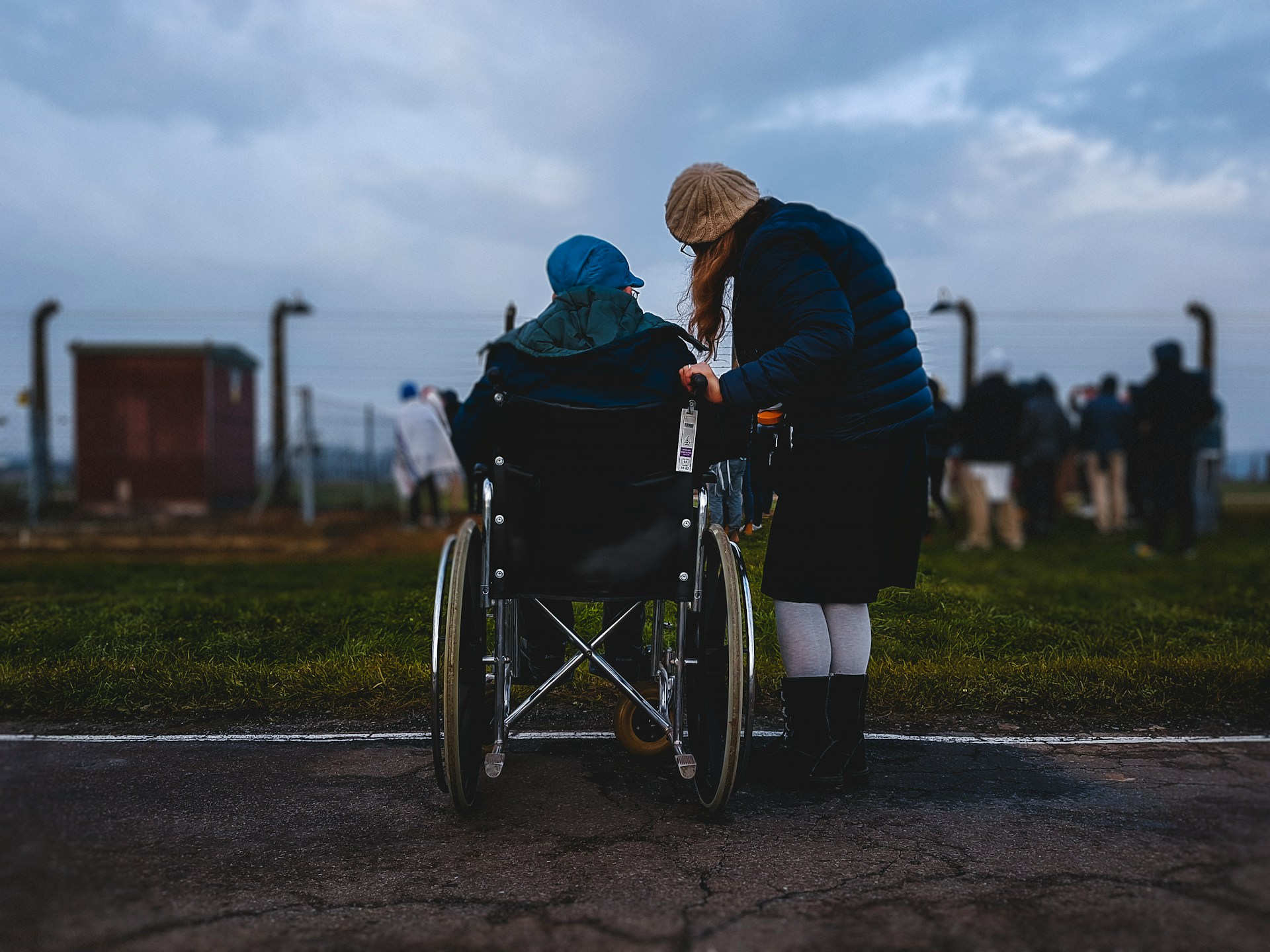Welcome to Nkurunziza Home LLC.

Resident care typically refers to the provision of various services and support to individuals who reside in long-term care facilities such as nursing homes, assisted living facilities, residential care homes, or retirement communities. The goal of resident care is to ensure the health, safety, comfort, and well-being of residents while promoting independence and quality of life. Here are some key aspects of resident care:
Personal Care: Assistance with activities of daily living (ADLs) such as bathing, dressing, grooming, toileting, and feeding for residents who may need support due to physical or cognitive limitations.
Medical Care: Coordination and administration of medical care by licensed healthcare professionals such as nurses, physicians, and therapists to manage chronic conditions, administer medications, and address acute healthcare needs.
Dietary Services: Planning and preparation of nutritious meals and snacks according to residents’ dietary preferences, restrictions, and nutritional needs, as well as assistance with feeding when necessary.
Medication Management: Oversight and administration of medications, including medication reminders, adherence monitoring, and documentation of medication administration to ensure residents receive their prescribed treatments safely and accurately.
Mobility Assistance: Help with mobility and transfer assistance for residents who may require assistance moving around the facility, getting in and out of bed or chairs, and using mobility aids such as walkers or wheelchairs.
Social and Recreational Activities: Organizing and facilitating social, recreational, and therapeutic activities to promote socialization, engagement, and mental stimulation among residents, including games, exercise classes, arts and crafts, and outings.
Emotional Support: Providing emotional support, companionship, and reassurance to residents who may experience loneliness, anxiety, or depression, as well as offering counseling or referral to mental health services when needed.
Housekeeping and Laundry: Maintenance of residents’ living spaces, including cleaning, tidying up, and laundry services to ensure a clean, safe, and comfortable environment.
Safety and Security: Implementation of safety protocols, emergency response procedures, and security measures to protect residents from accidents, injuries, and unauthorized access to the facility.
Care Planning and Coordination: Development and implementation of individualized care plans based on residents’ assessments, preferences, and goals, as well as coordination of care among interdisciplinary team members to ensure comprehensive and integrated services.
Resident care is typically delivered by a team of trained caregivers, including certified nursing assistants (CNAs), licensed practical nurses (LPNs), registered nurses (RNs), social workers, therapists, dietary staff, and other professionals, depending on the needs and resources of the facility. The quality of resident care is regulated and monitored by state licensing agencies and may also be subject to accreditation standards set by organizations such as the Centers for Medicare & Medicaid Services (CMS) or the Joint Commission. Effective resident care requires a person-centered approach that respects residents’ autonomy, dignity, and individual preferences while providing high-quality, compassionate care tailored to their unique needs and circumstances.